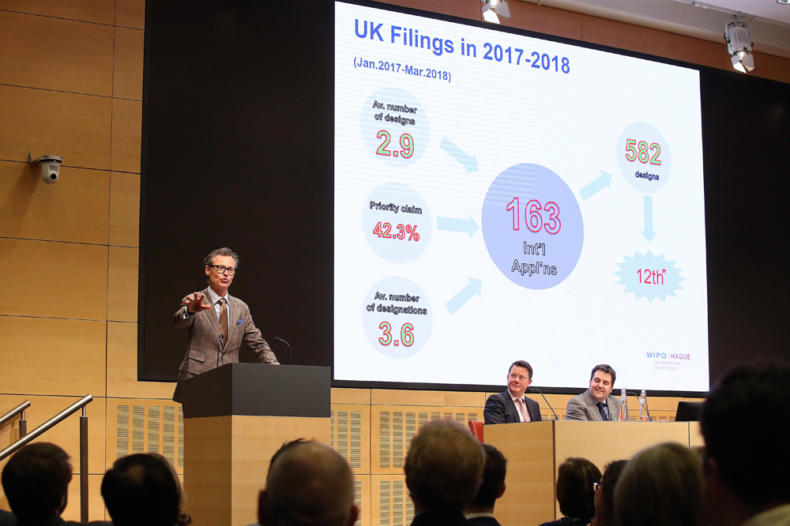2020: Education
This year we laid the groundwork for re-focusing how we look at the continued development of our members throughout their career.

Focusing on learning and development
Continuing to evolve the learning and development opportunities we provide is essential to supporting the modern day attorney.
In a post-Brexit environment, the domestic setting becomes even more important as the work of many of our members is likely to be more focused on the UK than before.
To help achieve this we re-shaped the remit of the education committee, and renamed it the Education, Quality and Standards Committee.
The committee is looking at all areas of learning, not just the education pathways. It is also working more closely with the Events Steering Group to ensure our events deliver suitable learning and development outcomes for our members, and looks at how the advanced competency framework for Chartered Trade Mark Attorneys comes into this provision.
Developing Chartered Trade Mark Attorneys
As part of looking at the continuing development of our members, we launched our advanced competency framework for Chartered Trade Mark Attorneys in early 2020.
The framework is intended to be an aid to the progress and development of Chartered Trade Mark Attorneys and can be used to demonstrate progression. It can also be used by line managers, senior/department managers, trainers, and HR departments within firms to identify key competences and help identify skills gaps.
It gives an overview of the standards and knowledge expected of Chartered Trade Mark Attorneys. We worked with attorneys and experts in the legal sector to put the framework together.
The framework includes technical skills, related to understanding of legislation and management of trademarks and designs, and general skills such as communication, conduct and ethics, self-awareness and development.
Accreditation consultation
In 2020 IPReg launched a consultation on the procedure for withdrawing accreditation of courses which provide the route to qualification as a trade mark attorney.
Our response was supportive of the proposal. We said: “There must be a clear and transparent process for the withdrawal of accreditation which should be used in exceptional circumstances.
“However, there are some areas that we would like to see explored further or clarified. Whilst it is appreciated that this consultation concerns a ‘high-level’ procedure more detail will be required to avoid confusion and misunderstandings.”
Monitoring course providers
We continued to monitor and respond to the needs of those seeking to qualify as a trade mark attorney. This is both in our role as the approved regulator and as the professional body for trade mark attorneys.
Our aim is to continue to be a driving force in improving the content and delivery of the trade mark attorney qualification courses.
In 2020 we surveyed our Student members to gather up-to-date opinion on recent experiences on the qualification pathways. The results of which will feed into some of our work in 2021.
Education pathways
Queen Mary University of London (year one students)
There were 41 students who registered on the programme for the Certificate in Trade Mark Law and Practice, with 39 passing the course. Two students are resitting this year.
Bournemouth University (year one students)
There were 13 students who opted to take the Postgraduate Certificate in Intellectual Property course as the route to becoming a qualified Chartered Trade Mark Attorney, with all passing the course.
Nottingham Law School (year two students)
There were 41 new students enrolled on the Professional Certificate in Trade Mark Practice course, with 37 passing first time. Four students have assessments in the 2020/21 academic year.
There were also six students from previous years, which does include two students who had deferred studies from previous years. Four of those students passed and two students have assessments in 2020/21 academic year.
Student representative
Eve Brown replaced Becky Knott as the student representative for a two-year term.
Eve attends our Council meetings, directly influencing the discussions and decision-making process. The position is designed to offer more diversity and a broader representation of the membership on our Council.




